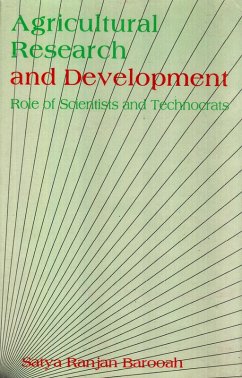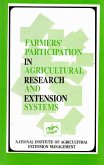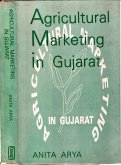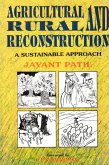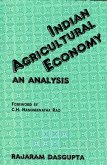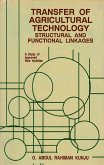The success of rural development programmes depends on the participation of the people for whom the programmes are meant. The 73rd Constitutional Amendment, hailed as revolutionary in the history of decentralisation in India, provided a number of opportunities for the marginalised groups to enter into the local decision-making bodies, and participate in planning and implementation of development process. Since the mere constitutional changes are not likely to bring the desired changes, other actors such as NGOs need to build the capacity of the marginalised groups so that they can effectively participate in decentralised government for sustainable and people-centered rural development. The contributions in this book are the revised version of the papers presented at a workshop organised by the ISEC and NOV1B at Bangalore. These papers examine the issues related to the interface between decentralised government and NGOs, strategies adopted by NGOs to enable their target group to participate in Gram Panchayats and problems encountered in the process. Four papers are conceptual and delineate the role of NGOs in revitalising the Gram Panchayats. Two papers are fieldwork based accounts on the impact of interface between Gram Panchayats and the target group of NGOs. The papers by NGO leaders document and analyse the strategies adopted by them before, during and after the elections to Gram Panchayats. The book, which raises several issues relating to the interface and offers concrete strategies adopted by a number of rural development NGOs in South India, will be of help to academics, policy makers, government officials, NGOs, training and academic institutes.
Dieser Download kann aus rechtlichen Gründen nur mit Rechnungsadresse in A, B, BG, CY, CZ, D, DK, EW, E, FIN, F, GR, HR, H, IRL, I, LT, L, LR, M, NL, PL, P, R, S, SLO, SK ausgeliefert werden.

